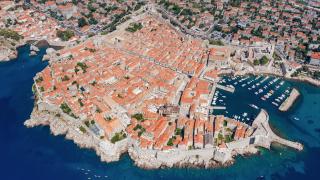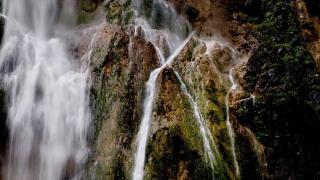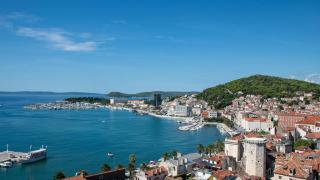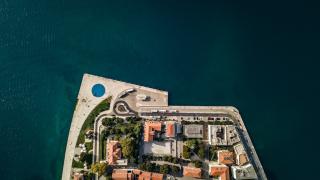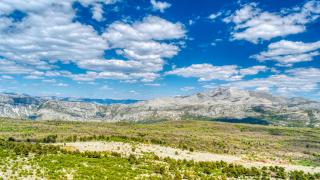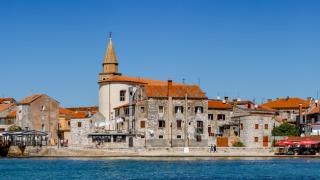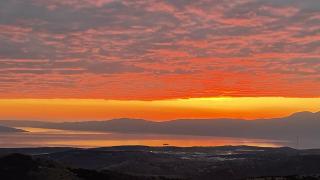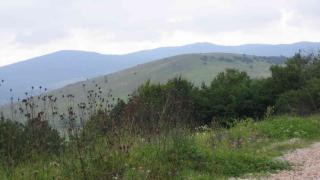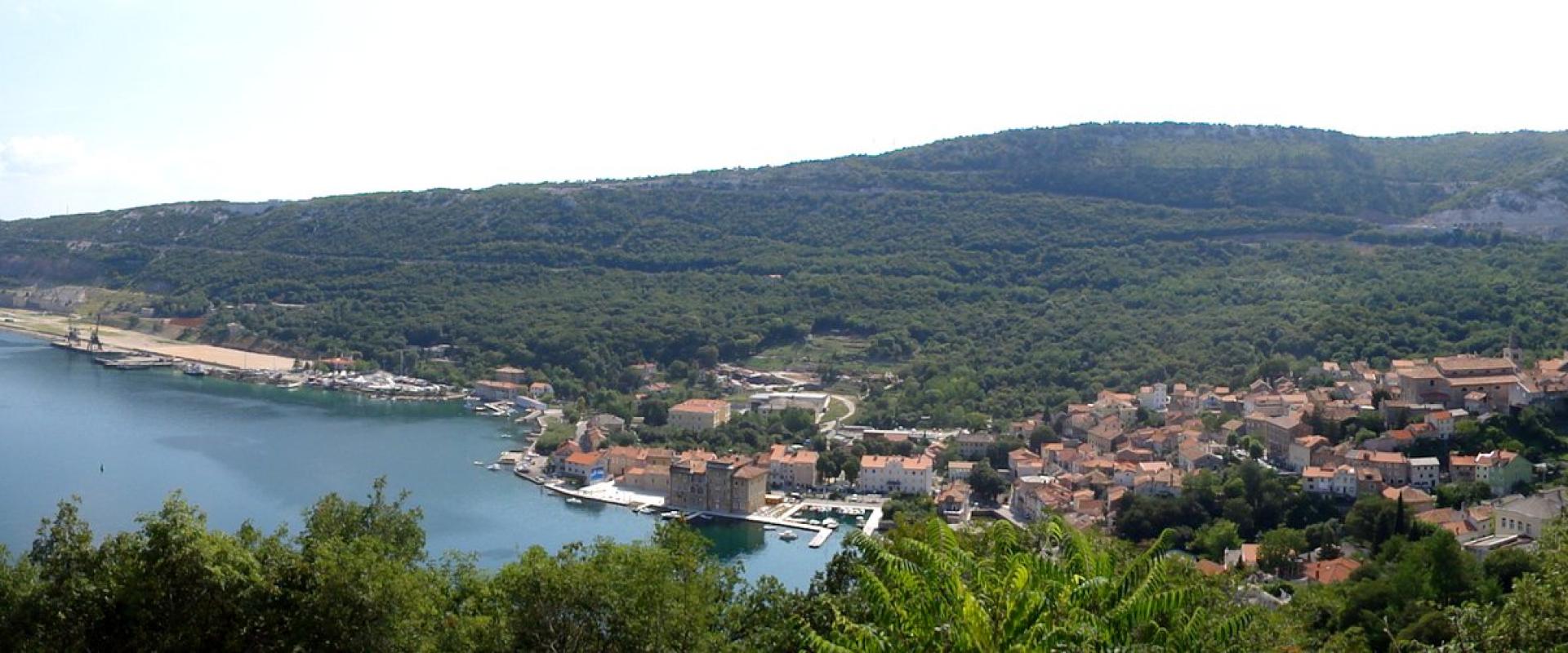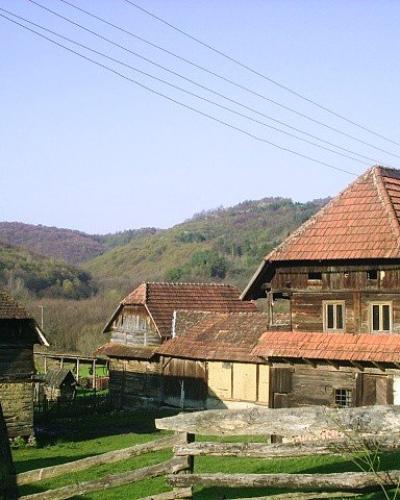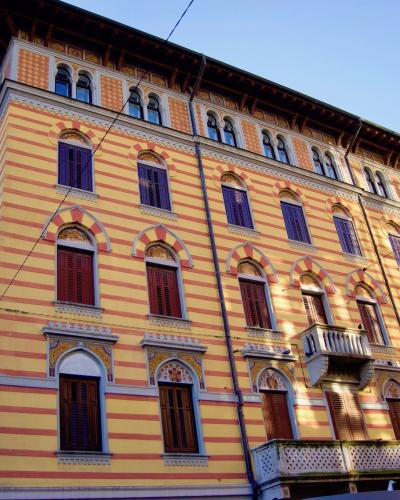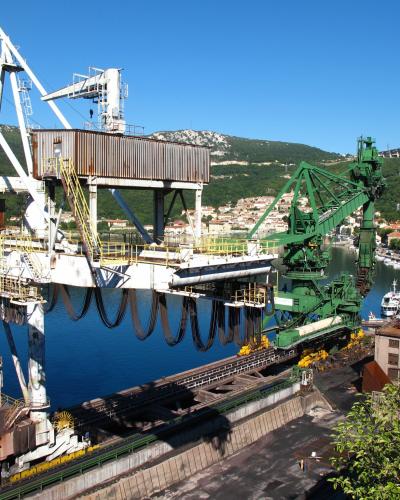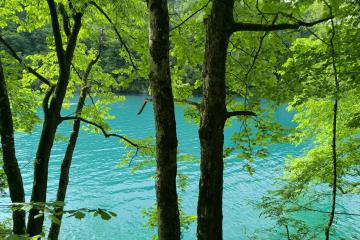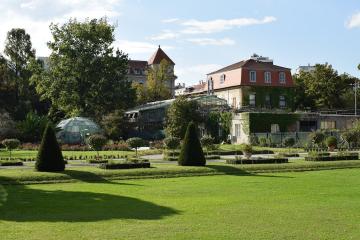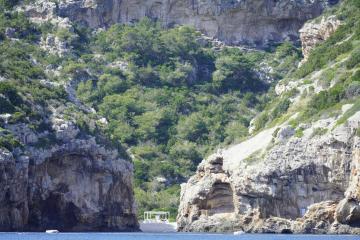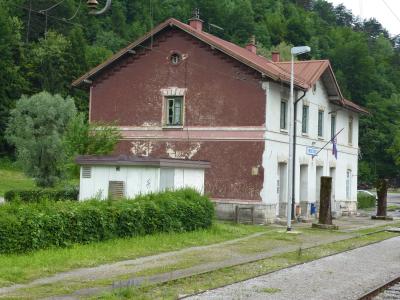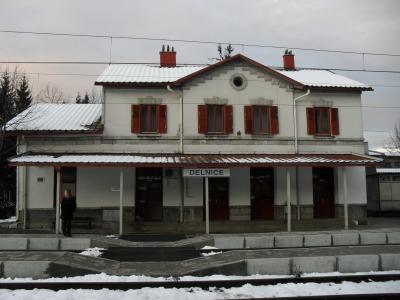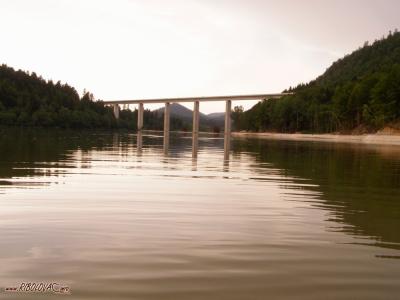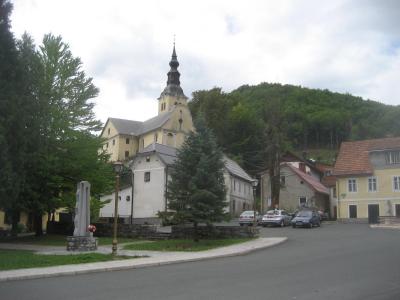Bakar
Kvarner harbor town with Frankopan castle and winding old streets
Bakar’s history stretches back to Roman times, but it flourished in the Middle Ages as a fortified port under the Frankopan and Zrinski noble families. The town’s most iconic landmark is the Frankopan Castle, perched above the harbor and offering panoramic views of the bay and surrounding hills. The castle’s towers, walls, and courtyards evoke the grandeur of a bygone era and now host cultural events, exhibitions, and summer concerts. The old town is a labyrinth of narrow alleys, stone staircases, and historic buildings, including the Church of St. Andrija the Apostle and the unique Turkish House, a rare example of Ottoman-influenced architecture in the region.
Bakar’s natural harbor has long been a center for shipbuilding, fishing, and trade, shaping the town’s character and traditions. The waterfront promenade is lined with cafes, restaurants, and shops, while the Bay of Bakar is a popular spot for boating, swimming, and sunbathing. The area’s pebble beaches and rocky coves offer peaceful retreats, and boat tours provide access to hidden bays and the nearby islands of Kvarner.
Outdoor enthusiasts will find plenty to enjoy in and around Bakar. Hiking and cycling trails wind through the hills and forests of Gorski Kotar, offering scenic routes and viewpoints over the coast. The town’s drystone walls, a UNESCO-listed feature, are a testament to traditional land management and rural heritage. Day trips to Rijeka, Opatija, and the islands of Krk and Cres are easily arranged by car or boat.
Cultural life in Bakar is vibrant, with festivals, concerts, and community events celebrating local music, cuisine, and maritime traditions. The town’s restaurants serve fresh seafood, lamb, homemade pasta, and regional wines, best enjoyed with a view of the harbor or castle. Local markets and food festivals showcase the flavors of the region, making Bakar a favorite destination for foodies and culture lovers.
Getting to Bakar is straightforward. The town is accessible by road from Rijeka, Zagreb, and other regional centers, with well-maintained highways and regular bus connections. Parking is available near the harbor and old town, and the compact layout makes it easy to explore on foot. Accommodation options range from guesthouses and private apartments to small hotels, catering to a variety of preferences and budgets.
The best time to visit Bakar is from early July to mid-August, when the weather is hot, the sea is warm, and local festivals and outdoor activities are in full swing. Spring and early autumn offer mild temperatures, fewer crowds, and beautiful scenery, ideal for sightseeing, hiking, and enjoying the relaxed pace of coastal life. Whether you are interested in history, nature, or authentic Croatian culture, Bakar promises a memorable and enriching experience.
Best Time to Visit
Early July to mid-August offers hot weather, warm sea, and lively festivals; spring and early autumn are ideal for hiking, sightseeing, and relaxed coastal stays.
All attractions in Bakar
Sorted by our recommendation score
Explore Bakar by Interest
Discover attractions and experiences in Bakar organized by your interests and travel preferences.
Plan Your Visit to Bakar
Essential travel tips and information for your trip to Bakar.
Travel Tips
Currency
Euro (EUR) • Cards widely accepted
Language
Croatian • English in tourist areas
Best Time
Early July to mid-August offers hot weather, warm sea, and lively festivals; spring and early autumn are ideal for hiking, sightseeing, and relaxed coastal stays.
WiFi
Free WiFi in cafes and hotels
Quick Facts
Book your stay
More destinations in Gorski Kotar
Explore other amazing places in the Gorski Kotar region
